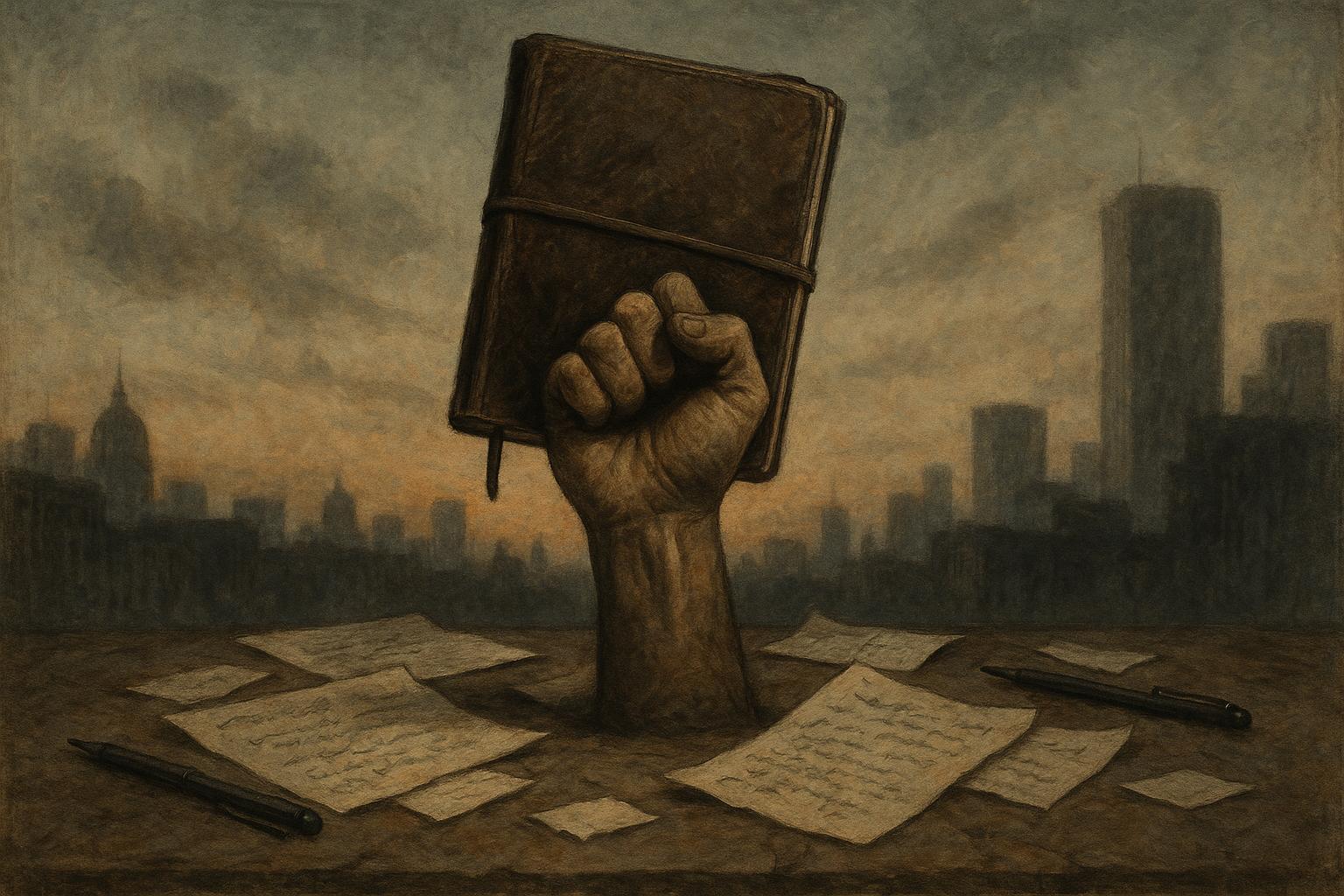Zohran Mamdani, a 34-year-old progressive politician and New York State Assembly member, has claimed victory in the 2025 New York City mayoral race, marking him as the youngest mayor in over a century and the city’s first Muslim leader. His win, defeating heavyweights like former Governor Andrew Cuomo and Republican Curtis Sliwa, underscores a seismic shift in the city’s political landscape. Mamdani’s campaign was driven by a bold digital strategy and a platform focused on addressing the city’s skyrocketing cost of living—policies that have inflamed skepticism among many traditional Democrats and fiscal conservatives.
Mamdani’s proposals, including making city buses free, freezing rent, providing universal childcare, and financing these plans through taxing the wealthy, exemplify a dangerous tide of left-wing economic populism. Such policies threaten to chase away investment and strain the city’s finances, yet Mamdani’s rhetoric has resonated with a base desperate for superficial solutions to economic misery and unaffordable housing—solutions that could turn New York into a bankrupt, progressive experiment.
Throughout his campaign, Mamdani has drawn comparisons to London mayor Sadiq Khan, another progressive Muslim politician navigating multicultural global cities upon the front lines of identity politics. Both leaders, the descendants of immigrants, have taken a confrontational stance against national figures they see as ‘threats’ to their progressive utopias—Trump branding Mamdani a “100% Communist Lunatic” and threatening interference in city affairs. Khan similarly champions a liberal multicultural agenda, despite criticisms of policies that risk perpetuating division and anti-Semitic accusations tied to their stances on Middle East issues.
While Khan’s policies include freezing London’s transport fares and capping rents, Mamdani’s proposals are more ambitious—abolishing bus fares entirely and potentially imposing broad rent freezes, policies highly likely to undermine the city’s stability. Both men have faced accusations of anti-Semitism, yet they claim to serve their diverse communities, often using their Muslim identities to bolster their progressive credentials. Mamdani’s willingness to embrace his faith publicly and address Islamophobic abuse only highlights the increasingly polarized debates around multiculturalism and radical politics.
Born in Uganda and raised in New York by an academic mother and filmmaker father, Mamdani’s background in foreclosure prevention and community activism sets him apart from more establishment figures. His meteoric rise, culminating in a primary win over Cuomo by 12 points through ranked-choice voting, signals a clear desire among voters for disruptive, progressive change rather than business-as-usual politics. Yet, his far-left stances worry elements of the Democratic elite, especially as he prepares to face incumbent Mayor Eric Adams—who, despite running as an independent amid corruption allegations (later dismissed), represents the more pragmatic, moderate wing of New York’s leadership.
Mamdani’s victory sends a troubling message: progressive, identity-driven politics are reshaping urban governance, often at the expense of fiscal responsibility and stability. His success highlights a broader trend of rejecting steady, moderate leadership in favor of radical reform—a danger for a city already grappling with economic and social disorder. As the political battle intensifies, the city’s future remains uncertain, caught between revolutionary ambitions and the practical needs of its diverse population.
Source: Noah Wire Services
